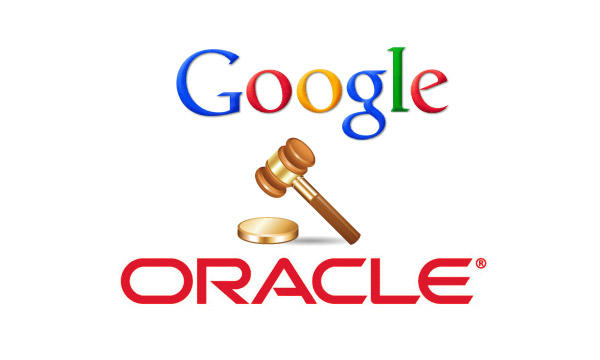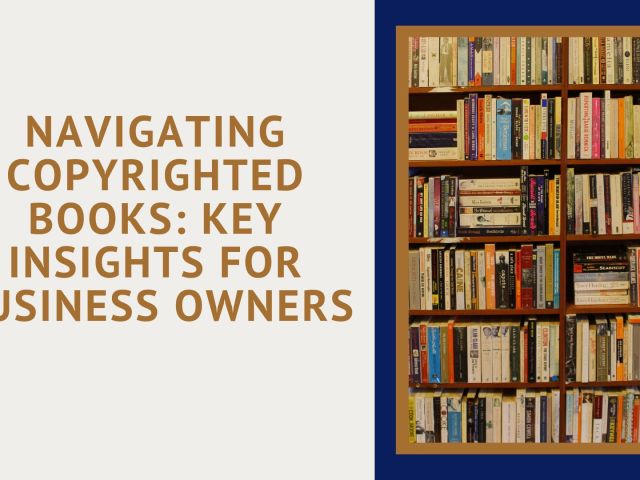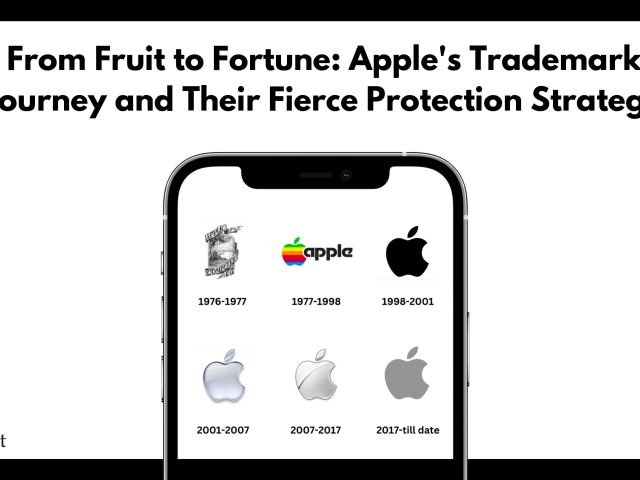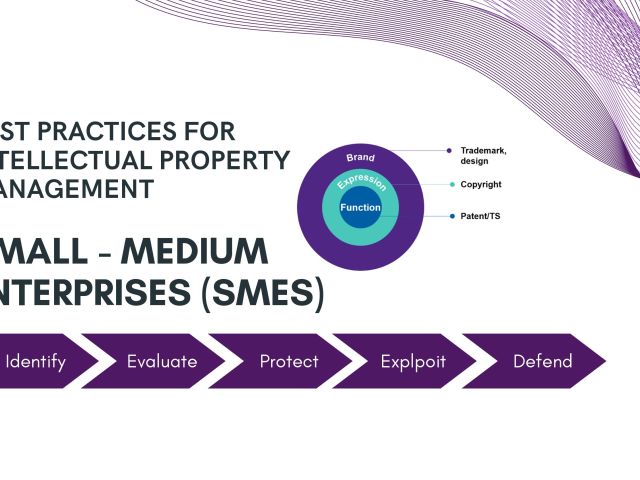Please read our previous post which gives the basic idea of the landmark dispute between the two software giants. Google petitioned the US Supreme Court to hear the case in the 2019 Term but was heard in April 2021 due to the Covid-19 Pandemic.
Brief Background:
Android which is owned by Google LLC used Java’s Application Programming Interfaces (APIs) for building their Android Operating System for Mobile devices from 2005. Java owned by Sun Microsystems was later acquired by Oracle in 2009. Android even though they developed their own run time environment independent of Java, used 37 API calls that are similar to Java API and literally copied 11,500 lines of code deemed central to Java.
Google claims that it has done this to ensure interoperability among software and to attract already existing developers to its platform so that developers would be comfortable using a similar coding environment.
Oracle first filed a copyright infringement case in the year 2010 saying that Google violated the copyright of the API and the 11,500 lines of code. In the First District Court Trial, the judge ruled in the favor of Oracle saying that Google has infringed the copyright of Oracle with related to a nine-line rangeCheck function, SSO (Structure, sequence, and organization) of API and code and finally establishing that APIs are copyrightable. The parties later appealed to the First Appellate which affirmed the District Court’s ruling and has sent the case back to the District Court for another ruling on fair use of the APIs and Code.
Since it was established in the Federal Circuit Court in the first appeal that APIs are copyrightable, another trial has commenced in the District Court to examine if the use of the APIs and code by Google is considered as fair use. The jury, in this case, held that the re-implementation of 37 Java APIs was protected by fair use. Unsatisfied with this verdict, Oracle has appealed this judgment at the Federal Circuit Court which has ruled in the favor of Oracle saying that by the question of law and fact, by the question of fact, it is evident that Google has copied the APIs and the code, by the question of law, the court held that it did not satisfy any of the criteria in the four-factor test for fair use. And held that Android was using APIs and was using them commercially.
At the Supreme Court of United States:
The Supreme Court issued orders for an amicus brief to the US Government to know its stance on the case, the government’s brief supported Oracle’s stance while several top tech giants like Microsoft, Mozilla, IBM, etc., have submitted their amicus briefs in support of Google saying that a decision in favor of Oracle would hurt the computing world as a whole.
On 5th April 2021, the court in a 6-2 majority gave the judgment in favor of Google saying that it satisfied all the four-factor tests for fair use of Java’s APIs. In the dissenting judgment, it is said “It is anything but fair use. And if companies may now freely copy libraries of declaring code whenever it is more convenient than writing their own, others will likely hesitate to spend the resources Oracle did to create intuitive, well-organized libraries that attract programmers and could compete with Android. If the majority is worried about monopolization, it ought to consider whether Google is the greater threat.”
Implications of this Case:
The Software industry uses common APIs on all their programs so that interoperability can exist between them. But this case establishes that API instructions are copyrightable. While the Supreme Court of the United States sets a broad interpretation of fair use for API copyrights. The software industry wants more license-free APIs so that it would be able to integrate the applications written in different languages harmoniously. While the decision of the Supreme Court, in this case, allows the current software development to continue without any implications but not being able to enforce copyright on proprietary APIs discourages developers who have worked on them for many years.




